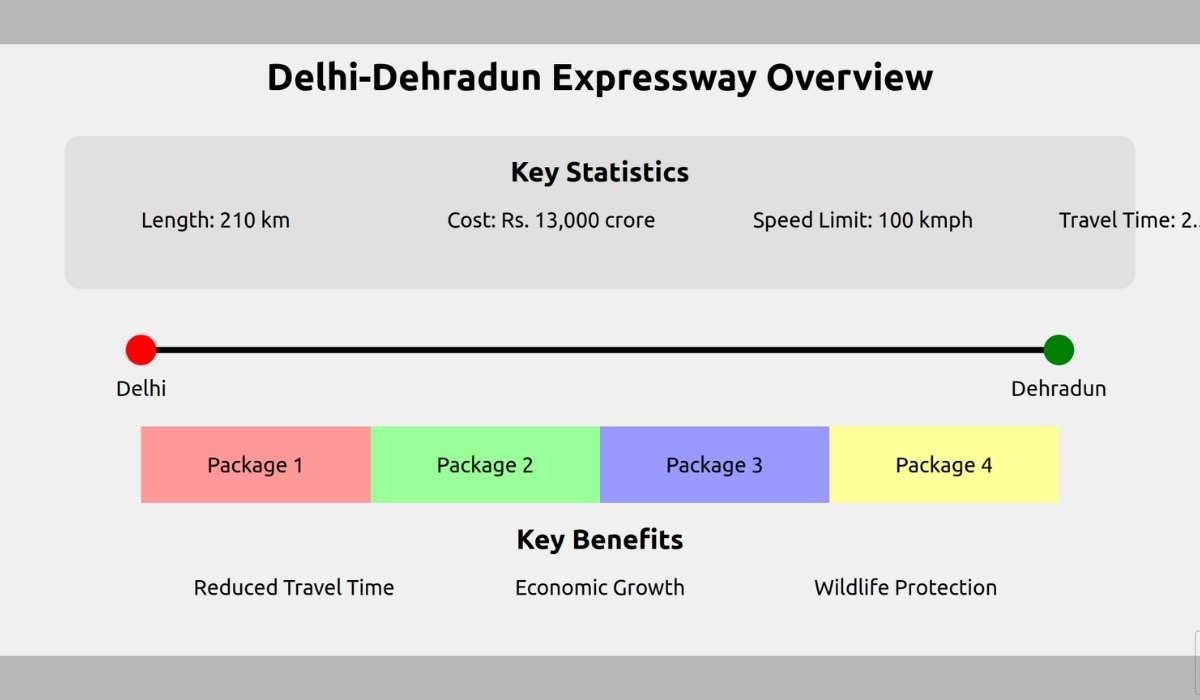Purchasing a home is one of the most significant investments an individual can make in India. However, the home buying process can be complex and overwhelming, especially for first-time buyers. From understanding your financial situation to navigating legal processes, there are numerous factors to consider. In this comprehensive guide, we’ll break down the home buying journey in India, helping you navigate each step with confidence and make informed decisions.
Step 1: Assess Your Financial Situation
Before embarking on your home buying journey, it’s crucial to assess your financial situation. This includes evaluating your income, existing debts, and savings. Determine how much you can realistically afford for a down payment, monthly mortgage payments, and other associated costs. Seeking guidance from a financial advisor can be beneficial in creating a solid budget and understanding your borrowing capacity.
Step 2: Explore Financing Options
Securing financing is a critical step in the home buying process. Research various home loan options available from banks, housing finance companies, and other lenders. Compare interest rates, loan tenures, and eligibility criteria. Additionally, explore government-backed schemes and tax benefits designed to assist homebuyers in India.
Read More : Home Financing Options in India
Step 3: Identify Your Property Needs and Preferences
Clearly define your property requirements and preferences. Consider factors such as location, proximity to amenities, property type (apartment, villa, or plot), size, and desired features. Creating a prioritized list of must-haves and nice-to-haves will help streamline your property search and ensure you find a home that meets your needs.
Step 4: Research and Explore Properties
With your budget and preferences in mind, begin your property search. Leverage online real estate portals, attend property exhibitions, and work with reputable real estate agents. Gather information on properties that align with your criteria, and shortlist potential options for further evaluation.
Unlock Your Dream Home Today!
Get personalized real estate insights delivered straight to your inbox.
Step 5: Conduct Due Diligence and Property Verification
Once you’ve identified potential properties, it’s crucial to conduct thorough due diligence. Verify the property’s legal documentation, such as title deeds, approved plans, and occupancy certificates. Engage a legal professional to ensure the property is free from any encumbrances or legal disputes.
Step 6: Negotiate and Make an Offer
After selecting your preferred property, it’s time to negotiate and make an offer. Work with your real estate agent or legal representative to draft a fair and legally binding offer. Be prepared to negotiate on price, terms, and conditions to reach a mutually agreeable deal.
Step 7: Complete Legal Formalities and Closing
Upon acceptance of your offer, you’ll need to complete various legal formalities, such as property registration, stamp duty payment, and other closing costs. Consult with your legal advisor to ensure compliance with all regulatory requirements and to finalize the property transfer.
Conclusion
Navigating the home buying process in India can be a complex journey, but with proper planning and guidance, you can make informed decisions. By following the steps outlined in this guide, you’ll be better equipped to find your dream home while minimizing potential risks and pitfalls. Remember, seeking professional advice from real estate agents, legal experts, and financial advisors can be invaluable throughout the process.
Are you ready to embark on your home buying journey in India? Our team of real estate experts is here to guide you every step of the way. Contact us today to schedule a consultation and take the first step towards finding your perfect home.
The first step is to assess your financial situation, which includes evaluating your income, existing debts, and savings to determine how much you can afford.
You can secure financing by researching various home loan options from banks, housing finance companies, and other lenders, comparing interest rates, loan tenures, and eligibility criteria.
Consider factors such as location, proximity to amenities, property type (apartment, villa, or plot), size, and desired features. Create a prioritized list of must-haves and nice-to-haves.
You can leverage online real estate portals, attend property exhibitions, and work with reputable real estate agents to gather information on properties that align with your criteria.
Due diligence is crucial to verify the property's legal documentation and ensure it is free from encumbrances or legal disputes, which can protect you from future issues.
After selecting a property, negotiate and make an offer. Work with your real estate agent or legal representative to draft a fair and legally binding offer.
During closing, you need to complete legal formalities such as property registration, stamp duty payment, and settling other closing costs.
Yes, seeking professional advice from real estate agents, legal experts, and financial advisors can be invaluable throughout the home buying process.
Government-backed schemes may include housing loans with lower interest rates, subsidies, and tax benefits designed to assist homebuyers in India.
By following the outlined steps in the home buying process, assessing your financial situation, and seeking expert guidance, you can make informed decisions that minimize risks.
The first step is to assess your financial situation, which includes evaluating your income, existing debts, and savings to determine how much you can afford.
Research various home loan options available from banks and housing finance companies, compare interest rates, loan tenures, and eligibility criteria, and consider government-backed schemes and tax benefits.
Consider factors such as location, proximity to amenities, property type (apartment, villa, or plot), size, and desired features. Create a prioritized list of must-haves and nice-to-haves.
Begin your property search by leveraging online real estate portals, attending property exhibitions, and working with reputable real estate agents to gather information on properties that fit your criteria.
Due diligence involves verifying the property's legal documentation, such as title deeds, approved plans, and occupancy certificates, to ensure the property is free from any legal disputes.
After selecting your preferred property, work with your real estate agent or legal representative to draft a fair and legally binding offer and be prepared to negotiate on price, terms, and conditions.
During closing, you'll need to complete legal formalities such as property registration, paying stamp duty, and other closing costs. It's advisable to consult with a legal advisor for compliance.
Professional advice from real estate agents, legal experts, and financial advisors can help you navigate the complexities of the home buying process, minimizing potential risks and pitfalls.
Common pitfalls include not conducting proper due diligence, overlooking additional costs, and failing to fully understand the terms of the mortgage. It's essential to be well-informed and cautious.
To find your dream home, follow the structured steps outlined in the home buying process, be clear about your requirements, and take the time to research and evaluate properties thoroughly.
The first step is to assess your financial situation, evaluating your income, existing debts, and savings to determine how much you can afford for a down payment and monthly mortgage payments.
You can secure financing by researching various home loan options from banks, housing finance companies, and lenders, comparing interest rates, loan tenures, and eligibility criteria.
Consider factors such as location, proximity to amenities, property type (apartment, villa, or plot), size, and desired features. Creating a prioritized list can help streamline your search.
Leverage online real estate portals, attend property exhibitions, and work with reputable real estate agents to gather information on properties that align with your criteria.
Conducting due diligence is crucial to verify the property's legal documentation, ensuring it is free from encumbrances or legal disputes, which protects your investment.
When making an offer, work with your real estate agent to draft a fair and legally binding offer, and be prepared to negotiate on price, terms, and conditions.
After your offer is accepted, you will need to complete property registration, pay stamp duty, and settle other closing costs, ensuring compliance with all regulatory requirements.
Professional advice from real estate agents, legal experts, and financial advisors can provide invaluable guidance, helping you navigate complexities and make informed decisions.
Common mistakes include not assessing your financial situation accurately, skipping due diligence, and failing to negotiate effectively. Proper planning can help mitigate these risks.
If you encounter legal issues, consult with a legal professional immediately to address any concerns and ensure that your rights and interests are protected.
DISCLAIMER
The information provided on this website is for general informational purposes only. While we strive to keep the content up-to-date and accurate, we make no representations or warranties of any kind, express or implied, about the completeness, accuracy, reliability, suitability, or availability of the information, products, services, or related graphics contained on this website.
In no event will we be liable for any loss or damage including without limitation, indirect or consequential loss or damage, or any loss or damage whatsoever arising from loss of data or profits arising out of, or in connection with, the use of this website.
Real Estate Investment Risks
Real estate investments involve significant risks and market volatility. Property values, rental rates, and market conditions can fluctuate. Past performance is not indicative of future results.
Before Making Real Estate Decisions
Before making any real estate decision, we strongly advise you to:
- Conduct thorough due diligence
- Consult with qualified legal, financial, and real estate professionals
- Carefully review all relevant documents and contracts
- Consider your personal financial situation and investment goals
This website does not provide legal, financial, or investment advice. All content is for informational purposes only and should not be construed as professional advice or recommendations.
By using this website, you acknowledge and agree to these terms. We reserve the right to modify this disclaimer at any time without notice.







